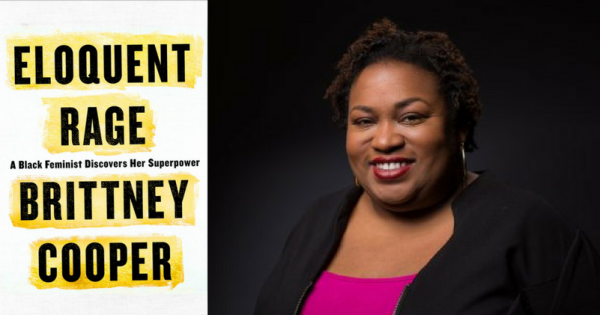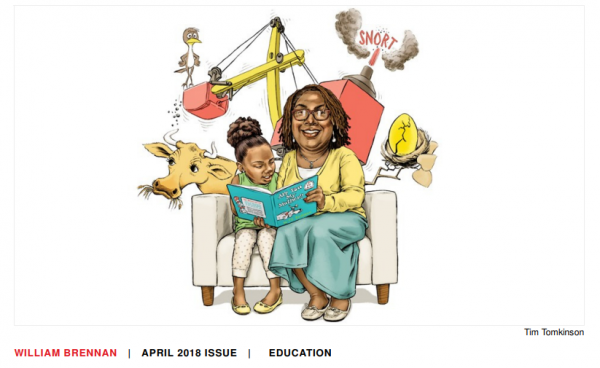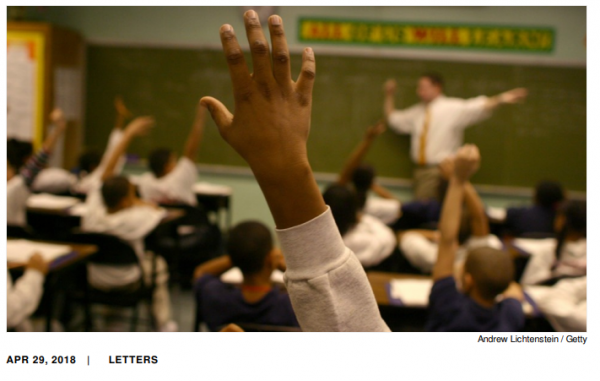Tag Ebonics
Graff, G. & Birkenstein, C. (2010). ‘Ain’t so/is not’: Academic writing doesn’t always mean setting aside your voice. In “They say/I say,” The moves that matter in academic writing (pp. 121-128). 2nd ed. New York: Norton. Find the book at worldcat.org/isbn/0393935841
Cooper, B (2018). Eloquent rage: a black feminist discovers her superpower. New York: St. Martin’s Press. Find the book here: worldcat.org/isbn/1250112575
Campbell, K. E. (2005). “Gettin’ our groove on”: Rhetoric, language, and literacy for the hip hop generation. Detroit: Wayne State University Press. Find the book at worldcat.org/isbn/081432925X
Brennan, W. (2018, April). Julie Washington’s Quest to Get Schools to Respect African-American English. The Atlantic. Find the article here.
Linguistic Society of America. (1997). LSA Resolution on the Oakland “Ebonics” Issue. Issues in linguistics: School curriculum. Find the resolution here.
Oliver, R. , Rubba, J., Meyer, R., McIntosh, G., Morris, C., Seidenberg, M., & Brennan, W. (2018, April 29). Letters: should code-switching be taught in schools? The Atlantic. Find the article here.
NCTE (National Council of Teachers of English). (1998, 2016). CCCC Statement on Ebonics. Check out the resolution here







